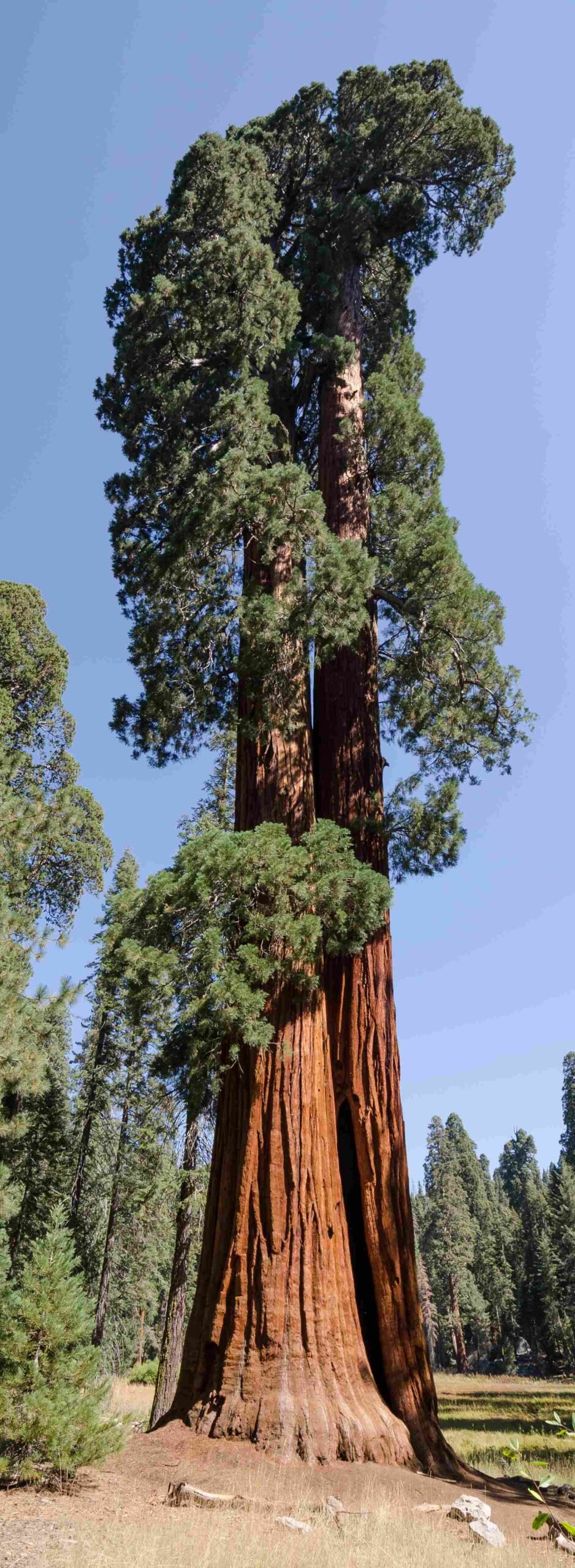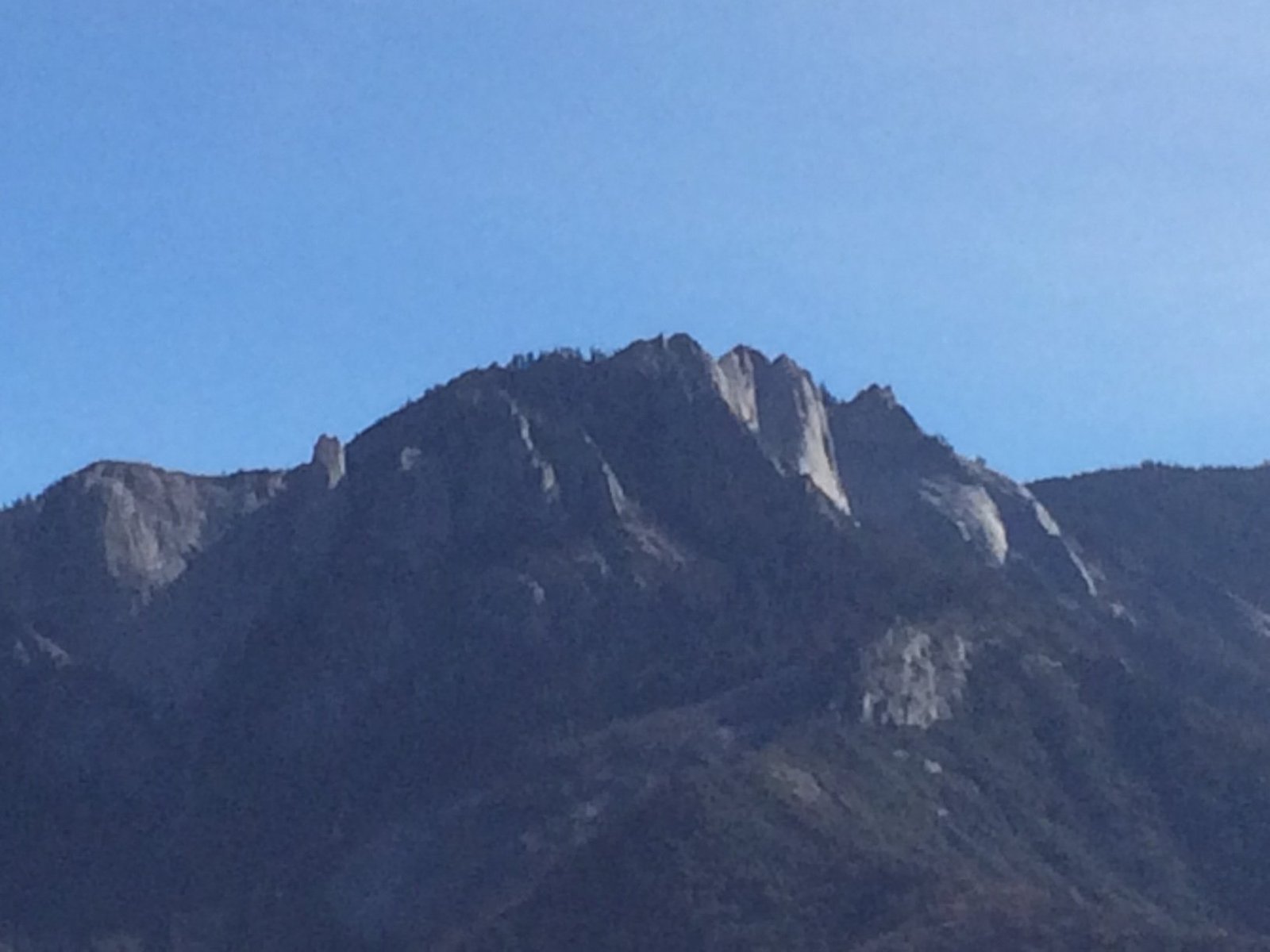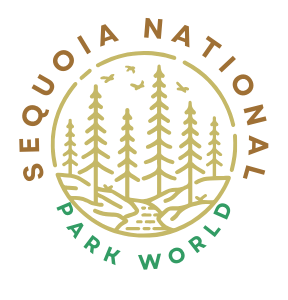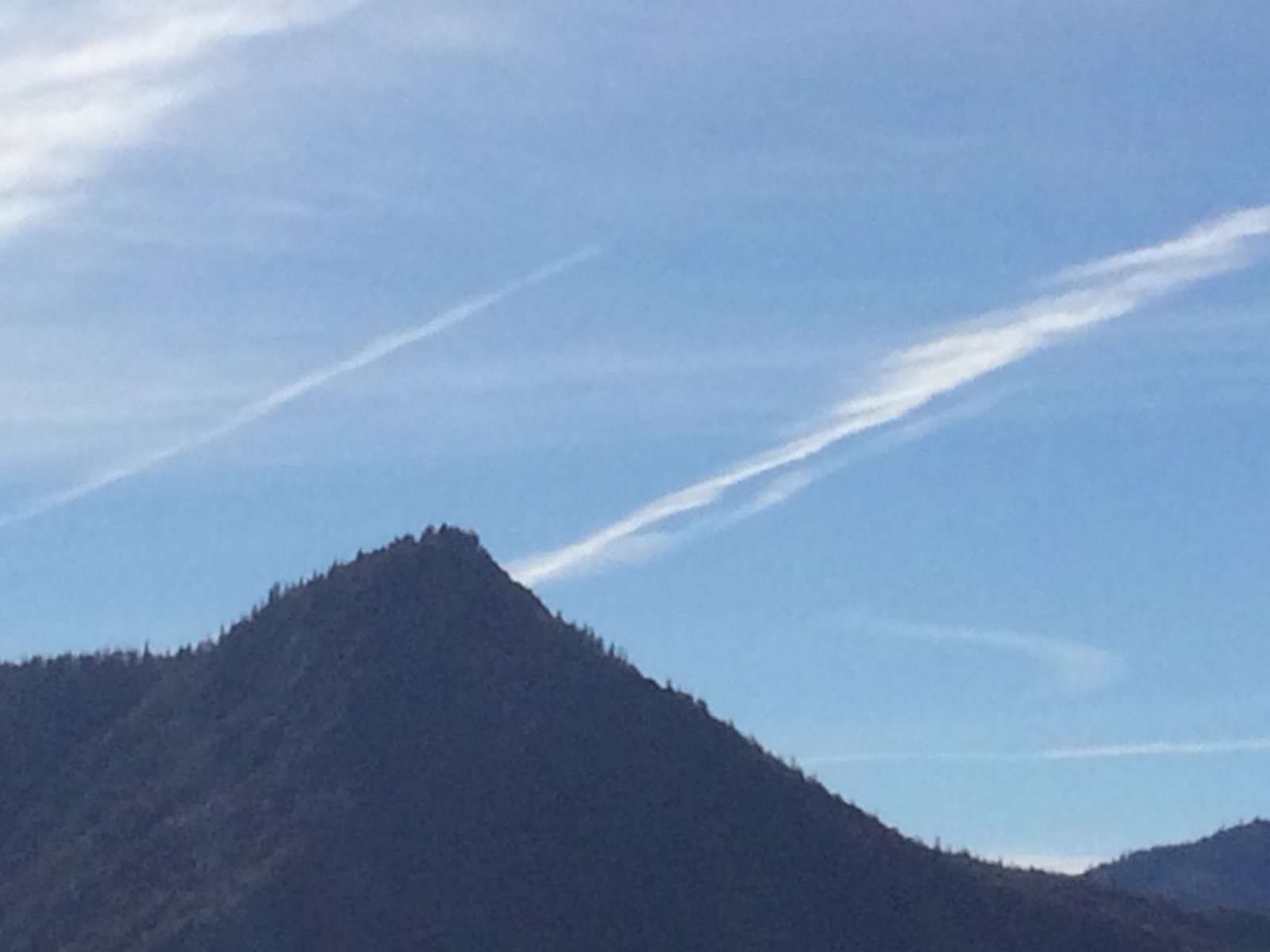The journey from Salt Lake City to Sequoia National Park spans approximately 817 miles (1,314 km) through diverse landscapes including Nevada and California deserts, the Sierra Nevada mountains, and the Tehachapi Mountains. This road trip offers breathtaking views and passes through notable landmarks, taking about 13 hours and 14 minutes of driving time. Proper planning is essential for this long-distance adventure, considering factors such as road conditions, potential delays, and accommodation options near the park.
What is the Best Route from Salt Lake City to Sequoia National Park?

The most efficient route from Salt Lake City to Sequoia National Park involves several major highways:
- Start on I-15 South from Salt Lake City
- Transition to I-10 West through Nevada and into California
- Take CA-99 South towards Bakersfield
- From Bakersfield, continue on CA-99 South
- Finally, take CA-198 East directly to the Ash Mountain Entrance of Sequoia National Park
This route offers a balance of efficiency and scenic views, particularly as you approach the Sierra Nevada mountains. While there are no major scenic byways directly on this path, the journey provides ample opportunities to enjoy the changing landscapes.
What Are the Road Conditions and Potential Challenges?

When planning your trip from Salt Lake City to Sequoia National Park, be aware of the following road conditions and potential challenges:
- Desert Stretches: The initial part of the journey through Nevada and California deserts can be long and monotonous. Ensure your vehicle is well-maintained and carry extra water.
- Mountain Passes: As you approach the Sierra Nevada and Tehachapi Mountains, expect winding roads and potential altitude changes.
- Park Roads: Within Sequoia National Park, roads are steep, narrow, and winding. During winter, tire chains may be required.
- No Gas Stations in Park: There are no gas stations within the park boundaries, so fill up before entering.
- Construction and Traffic: Check for any ongoing road work or traffic advisories, especially near urban areas like Bakersfield.
How Long Does the Trip Take and What Delays Should I Expect?
The estimated travel time from Salt Lake City to Sequoia National Park is approximately 13 hours and 14 minutes, assuming average speeds and no significant delays. However, several factors can affect your travel time:
| Factor | Potential Delay |
|---|---|
| Traffic in urban areas | 30 minutes – 1 hour |
| Construction zones | 15 – 45 minutes |
| Weather conditions | 1 – 3 hours (severe cases) |
| Rest and refueling stops | 1 – 2 hours (cumulative) |
To mitigate delays:
– Start early to avoid rush hour traffic
– Check weather forecasts and road conditions before departing
– Plan regular rest stops to avoid fatigue
– Consider breaking the journey into two days for a more relaxed pace
What Accommodations Are Available Near Sequoia National Park?
Sequoia National Park and its surrounding areas offer a variety of accommodation options to suit different preferences and budgets:
- In-Park Lodges
- Wuksachi Village & Lodge
- John Muir Lodge
-
Cedar Grove Lodge (seasonal)
-
Campgrounds
- Lodgepole Campground
- Dorst Creek Campground
-
Potwisha Campground
-
Nearby Towns
- Three Rivers: Various hotels, motels, and bed & breakfasts
-
Visalia: Larger selection of chain hotels and local accommodations
-
Vacation Rentals
- Cabins and houses available through platforms like Airbnb and VRBO
It’s highly recommended to book accommodations well in advance, especially during the peak summer season (June to August) and holiday weekends. In-park lodges and campgrounds can be reserved through the official Sequoia National Park website or recreation.gov.
What Are the Must-See Attractions Along the Route?
While the primary focus is reaching Sequoia National Park, there are several noteworthy attractions along the route:
- Great Basin National Park, Nevada
-
Located off a slight detour, offers stunning mountain scenery and ancient bristlecone pines
-
Death Valley National Park, California
-
World’s hottest place and lowest point in North America
-
Red Rock Canyon National Conservation Area, Nevada
-
Scenic drive and hiking trails just outside Las Vegas
-
Kern River Canyon, California
-
Beautiful river canyon with opportunities for white-water rafting
-
Bakersfield, California
- Buck Owens Crystal Palace for country music history
- California Living Museum (CALM) for native wildlife
How Should I Prepare My Vehicle for the Journey?
Given the long distance and varied terrain, proper vehicle preparation is crucial:
- Maintenance Check: Have your vehicle serviced before the trip, including oil change, tire rotation, and brake inspection.
- Tires: Ensure proper inflation and consider carrying a full-size spare.
- Emergency Kit: Pack a basic tool kit, jumper cables, flashlight, and first-aid kit.
- Fluids: Carry extra engine oil, coolant, and windshield washer fluid.
- Navigation: While GPS is helpful, have physical maps as backup for areas with poor signal.
- Chains: If traveling in winter, pack tire chains as they may be required in the park.
What Should I Pack for Sequoia National Park?
Your packing list should account for both the long drive and your activities in the park:
- Clothing
- Layered clothing for varying temperatures
- Sturdy hiking boots
-
Rain jacket
-
Sun Protection
-
Sunscreen, sunglasses, and hat
-
Hydration
-
Reusable water bottles or hydration system
-
Food
- Snacks for the drive
-
Non-perishable food items if camping
-
Navigation
-
Park map and compass
-
Safety
- Bear spray (if hiking in backcountry)
-
Insect repellent
-
Photography
-
Camera or smartphone for capturing memories
-
Permits
- Any necessary hiking or camping permits
Remember to practice Leave No Trace principles to help preserve the natural beauty of Sequoia National Park for future visitors.
How Can I Make the Most of My Visit to Sequoia National Park?
To fully appreciate Sequoia National Park after your long journey from Salt Lake City:
-
Plan for at least 2-3 days in the park to explore major attractions without rushing.
-
Visit the Giant Forest to see the General Sherman Tree, the largest tree on Earth by volume.
-
Take the Congress Trail, a paved 2-mile loop that showcases many of the park’s giant sequoias.
-
Climb Moro Rock for panoramic views of the Great Western Divide.
-
Explore Crystal Cave (advance tickets required) to see stunning underground formations.
-
Drive the Generals Highway connecting Sequoia to Kings Canyon National Park for spectacular vistas.
-
Attend ranger-led programs to learn about the park’s ecology, history, and conservation efforts.
-
Stargaze in the dark skies of the park, away from city light pollution.
-
Look for wildlife such as black bears, mule deer, and various bird species.
-
Visit in different seasons if possible, as the park offers unique experiences year-round.
By thoroughly preparing for your journey from Salt Lake City to Sequoia National Park and planning your activities within the park, you’ll ensure a memorable and enriching experience in one of America’s most majestic natural settings.
References:
1. https://www.nps.gov/seki/planyourvisit/driving-directions.htm
2. https://wanderlog.com/drive/between/58216/58653/salt-lake-city-to-sequoia-and-kings-canyon-national-park-drive
3. https://www.nps.gov/seki/index.htm

